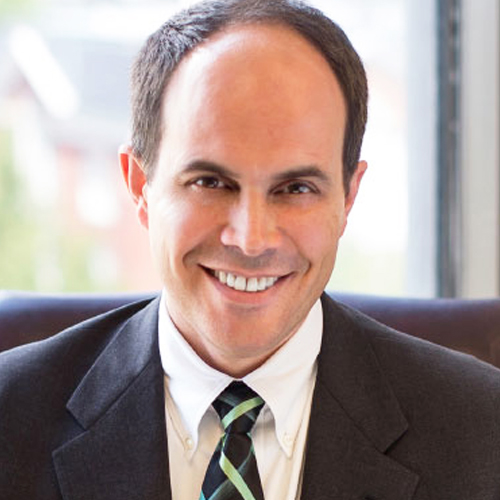What is Probate?
In Tennessee, probate is a process under state law by which a deceased person’s family (or beneficiaries) may present their loved one’s will to a local court to formally open an estate. The court then oversees the gathering of the estate’s assets, the payment of any claims against or debts of the estate, and the distribution of the estate’s assets to the deceased person’s relatives, or beneficiaries, named in the will.
Do you have to have a Will to file for probate?
No. Someone who dies with a will has a “testate” estate. However, if someone dies without a will, he / she leaves behind an “intestate” estate. An intestate estate can still go through probate, and the court will oversee the process in a similar way. However, instead of the deceased person getting to decide who gets the assets of the estate, Tennessee law will determine which family members, and in what amounts, receive the property of the estate.
Who handles the probate of an estate?
The Court ultimately oversees the probate process, however the “Executor” or “Personal Representative” is appointed by the Court and authorized to take control of all estate assets and pay all legitimate estate debts. This person is normally selected by the deceased person in the will (testate) or appointed by the Court after a petition is filed by a family member (intestate).
How long does the probate process take?
Approximately 6 months, however it can take longer if there are claims against the estate (which the executor may object to) or if there are disputes between family members and beneficiaries to an estate.
Are there advantages to probating a will?
Yes. One advantage is that there is finality, and the Court oversees all decisions and distributions of property. Also, creditors are barred from later making claims against an estate (and its beneficiaries) if they do not bring their claim in the probate within certain time limitations. Also, estates with land and real property may benefit from the probate process and getting the certainty of a Court order upon final distribution.
Why would a family not desire probate?
If, through good estate and financial planning, a person’s assets can pass to their family members at their death without the probate process, then money will be saved on legal fees and court costs. In addition, your loved ones will get your assets much faster and easier than waiting for a probate process to take place. This is something everyone should discuss with their estate planning attorney.
If you would like to speak to Rich Scrugham on this or any other matter, he may be reached at (865) 546-9321.
RELATED POSTS:

Rich practices in numerous areas of civil litigation and business law, including commercial litigation, insurance, bankruptcy, employment law, real estate litigation (title insurance defense), landlord / tenant law, collections law, personal injury, workers’ compensation, veterans’ disability, products liability, probate and estate litigation. He advises and represents both individuals and businesses, small and large. Rich’s priority in serving his clients is to provide timely, effective and efficient legal representation and advice, while advocating their interests in the state and federal courts of Tennessee. He cares about people and their individual situations. Rich focuses on being the best advocate for his clients.





